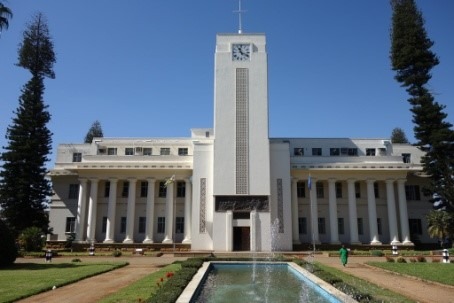
By NQOBANI NDLOVU
BULAWAYO City Council (BCC) is undertaking a door-to-door survey to gather input from residents as it prepares a local development plan.
BCC town clerk Christopher Dube said the local development plan was in line with the country’s Regional, Town and Country Planning Act.
“The City of Bulawayo would like to advise members of the public that the council is preparing a local development plan in terms of Regional, Town and Country Planning Act Chapter 29:12 section 17(1),” Dube said in the notice.
“This local development plan number 16 incorporates suburbs mentioned below. As per section 18(1) of the Regional, Town and Country Planning (Master and Local Plans) Regulations 1977, please note that our data collection team will be conducting door-to-door survey visits.”
Suburbs targeted in the survey include Famona, Bradfield, Southwold, Barham Green, Montrose, Malindela, Ilanda, Greenhill and Hillcrest.
The local authority has on several occasions announced “master” and “development” plans to position the city for economic growth.
In 2017, the BCC revealed plans to produce an economic blueprint aimed at ensuring the city regains its industrial hub status, after suffering years of de-industrialisation.
- Chamisa under fire over US$120K donation
- Mavhunga puts DeMbare into Chibuku quarterfinals
- Pension funds bet on Cabora Bassa oilfields
- Councils defy govt fire tender directive
Keep Reading
City fathers argue that there is a need for the local authority to prepare and implement an economic blueprint in line with the city’s vision Bulawayo, City of Kings, Leader in Local Governance with a Vibrant Economy.
Under the proposal, Bulawayo will have an integrated master plan, strategic plan and waste water master plan anchored on funding from donor agencies such as the United Nations and USAid among others.
The government’s $4 million Distressed and Marginalised Areas Fund, unveiled in October 2011 to rescue struggling Bulawayo industries, did little to stop the de-industrialisation, as many companies continued to close shop or relocate to other cities.











